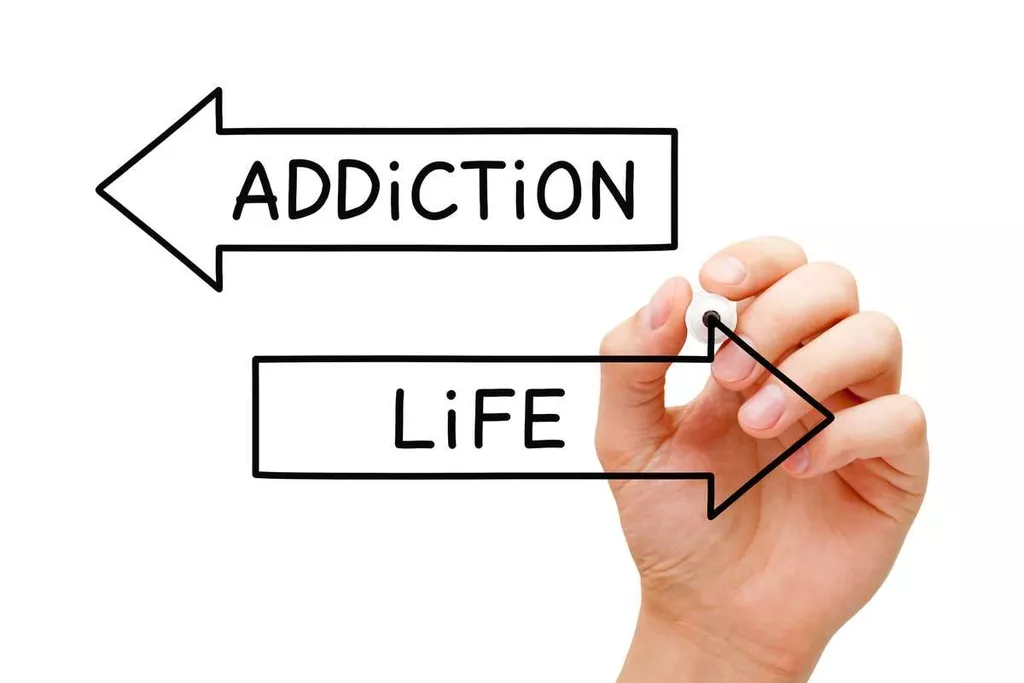
One of the main responsibilities of the kidneys is to sift out harmful substances from the blood, and alcohol is one such substance. Small amounts of alcohol can be easily filtered and disposed of, but too much alcohol affects how the kidneys work, impairing them to the point of not being able to properly purify the blood of the alcohol content. Alcohol is capable of undoing the kidneys’ ability to filter out toxins, and while this is not usually a problem with normal drinking, it becomes a serious problem when the drinking is abusive or excessive. Therefore, we need more evidence kidney pain from drinking to determine whether abstinence can relieve and heal the kidney damage caused by long-term alcohol consumption and the effects of alcohol abstinence on the prognosis of patients with CKD. Moreover, alcohol-induced renal tubular dysfunction is also reflected in vitamin reabsorption disorders. Subramanian et al. proved that chronic alcohol consumption can significantly inhibit carrier-mediated thiamin and biotin transport across the renal brush border membrane and basolateral membrane 54,55.
The Basics of Kidney Function: What Do Your Kidneys Do?
Ask your healthcare provider if it is safe for you to drink, especially if you have a medical condition or Alcoholics Anonymous take medicines that might be affected by using alcohol. Women, older people, and those with smaller bodies should be especially careful. Heavy drinking can also cause liver disease, which also makes your kidneys work harder. Early intervention is critical for managing any potential progression towards chronic kidney disease. For those with a strong desire to aid others, recognizing and addressing these risks is paramount. Encourage moderation and provide support for those grappling with alcohol use disorder, as continual heavy consumption is a modifiable risk factor for renal health complications.
Effects on Fluid and Electrolyte Balance

This increased workload can result in a decline in the kidney’s ability to filter waste effectively, potentially leading to a buildup of toxins in the bloodstream. Over time, this can contribute to a range of health issues, including metabolic imbalances and increased susceptibility to infections, as the body struggles to maintain regularity. This increased workload can result in a decline in the kidney’s ability to filter waste effectively, potentially leading to a buildup of toxins in the bloodstream.

Acute Kidney Injury

This study used data from the National Health Insurance research database (NHIRD), which included health care information of 99% of Taiwanese population since 1995. CKD ascertainment in NHIRD database using ICD-9-CM code was validated in a previous published article 24, 25, 26. In 2000, The Longitudinal Health Insurance Database randomly sampled 1 million individuals from the beneficiaries of the NHIRD and formulated a LHID2000 database. LHID2000 database contained detailed claimed data of beneficiaries such as ambulatory claims, inpatient claims and drug prescription.
- According to the National Kidney Foundation, consuming more than two alcoholic drinks per day increases your risk of high blood pressure, and high blood pressure is a common cause of chronic kidney disease.
- These essential organs play a crucial role in filtering waste from your blood and balancing fluids, but heavy drinking can impair their function and lead to long-term damage.
- One of the reasons for this sex difference might be the different pharmacokinetics of ethyl alcohol between men and women.
